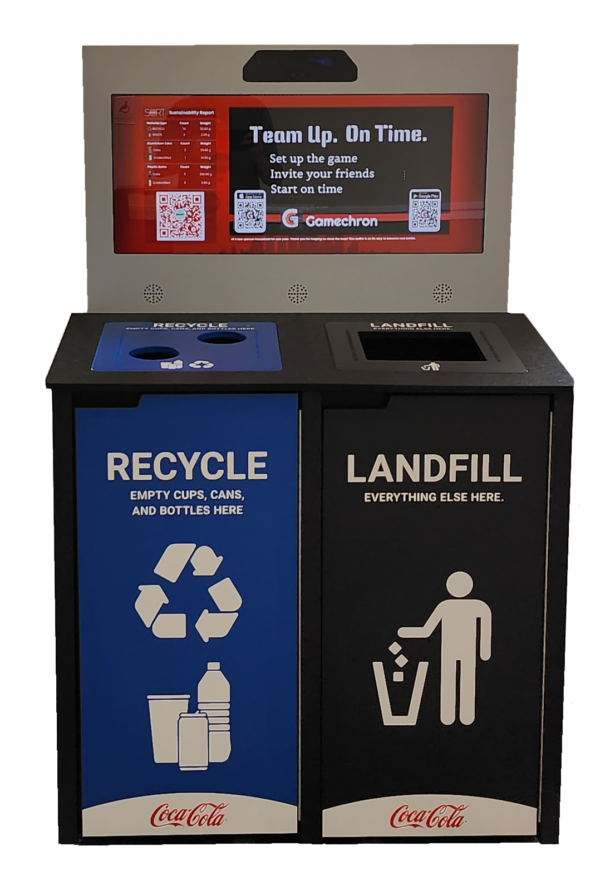Sustainability reporting is becoming an increasingly important aspect of corporate responsibility, as stakeholders demand greater transparency and accountability from businesses. By sharing information about their environmental, social, and governance (ESG) performance, companies can demonstrate their commitment to sustainability and build trust with their customers, investors, and other stakeholders.
But how can companies effectively communicate their sustainability efforts and progress? One powerful tool is data. By collecting, analyzing, and reporting on sustainability metrics, companies can provide concrete evidence of their impact and demonstrate their dedication to sustainability.
Data can help companies tell their sustainability story in a number of ways. For example, by tracking greenhouse gas emissions, companies can show how they are working to reduce their carbon footprint and mitigate the effects of climate change. By reporting on water usage and waste reduction, companies can demonstrate their efforts to conserve resources and operate more efficiently. And by measuring employee engagement and diversity, companies can show how they are promoting a positive workplace culture and supporting their employees.
In addition to helping companies tell their sustainability story, data can also help them identify areas for improvement and set goals for the future. By tracking their sustainability performance over time, companies can identify trends and patterns, pinpoint areas where they are falling short, and set targets for improvement. This data-driven approach can help companies focus their efforts, allocate resources more effectively, and ultimately achieve their sustainability goals.
Of course, collecting and reporting sustainability data is not without its challenges. Companies must ensure that their data is accurate, reliable, and relevant, and that it is presented in a clear and meaningful way. They must also navigate a complex landscape of reporting frameworks and standards, from the Global Reporting Initiative (GRI) to the Sustainability Accounting Standards Board (SASB) to the Task Force on Climate-related Financial Disclosures (TCFD).
Despite these challenges, however, sustainability reporting remains an essential tool for companies that want to demonstrate their commitment to sustainability and build trust with their stakeholders. By leveraging the power of data, companies can tell a compelling sustainability story that resonates with customers, investors, and other stakeholders, while also driving meaningful change towards a more sustainable future.




